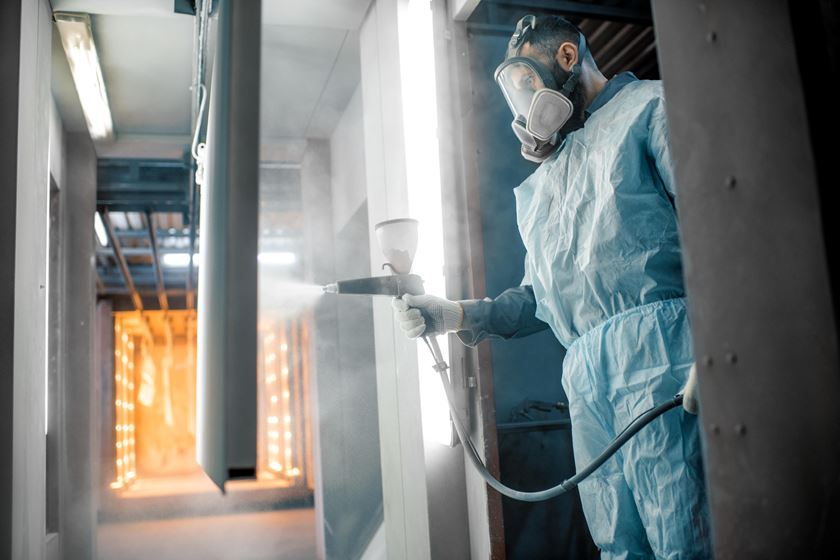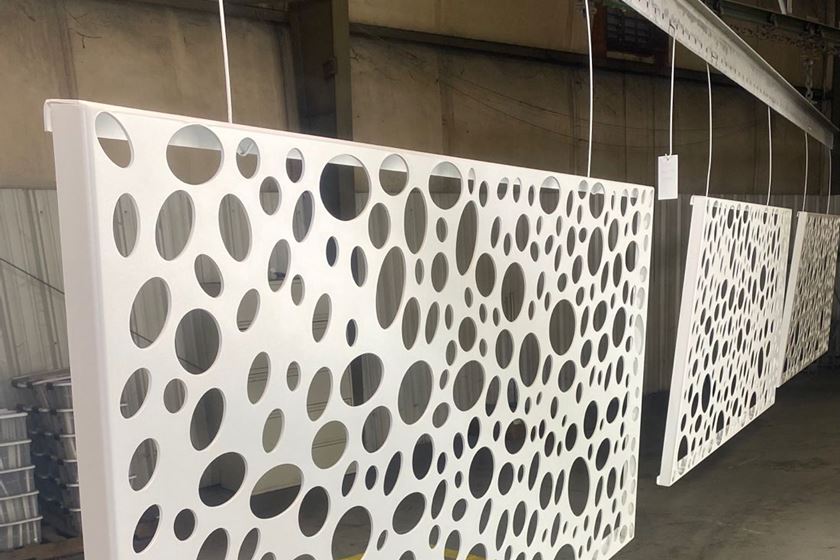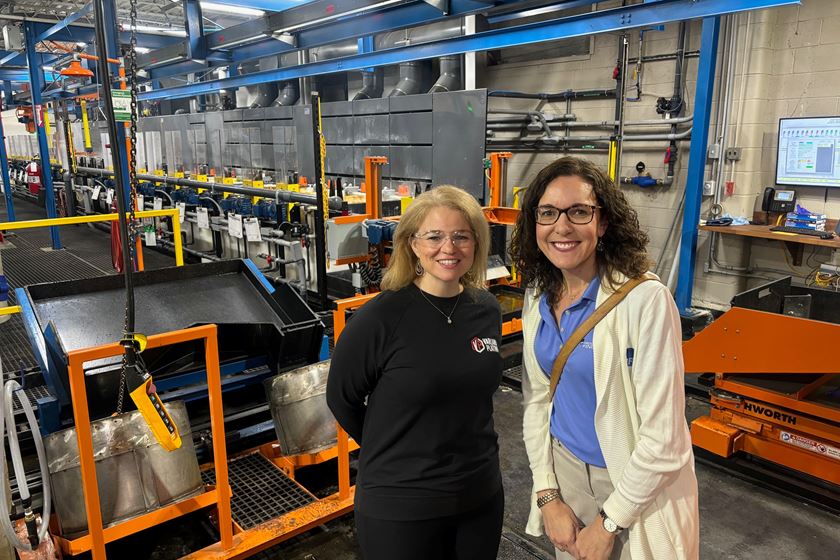Powder Coating Q&A: Pretreatment Methods
Are there simple pretreatment options that will work with powder coating and help to limit rust on steel surfaces with a lot of welds and other complex issues?
Q. We are just learning the powder coating business. We have been told that we must get the part clean before we powder coat it, and we are learning about our options. We are also looking at chemical treatments to provide better adhesion and rust protection. Are you aware of any simple pretreatment options that will work with powder coating and help to limit rust on steel surfaces with a lot of welds and other complex issues?
A. A good alkaline cleaner is usually a good place to start with cold rolled steel that is relatively clean in the raw form. It does a good job of breaking down organic rust inhibitors and similar soils. Once a steel surface has been cleaned it is desirable to add a conversion coating to protect from oxidation and to enhance bonding. Iron phosphate works well with powder, but has modest corrosion resistance if the coating is film broken. Zirconium oxide products can also enhance bonding and they provide somewhat better corrosion resistance on different metals. Some of the zirconium oxide products contain other metals such as copper or titanium and are somewhat good corrosion inhibitors. Zinc phosphate has very good corrosion resistance but it also requires waste treatment and would not be considered simple or people friendly. If you are doing welding or using hot rolled steel you should consider an abrasive step to remove inorganic soils such a rust and scale. If you cut steel with a laser cutter you should definitely have a blast or grind operation to take the scale off the cut edge.
One of the best options for corrosion resistance is the use of a powder primer. Thoroughly clean the surface by chemical or mechanical cleaning before adding the primer. You can add a conversion coating or not, depending on the final level of quality you need. The powder primer can contain zinc or not. The zinc-rich primer works very well if the surface is roughened by blasting. It is less effective if the surface is not blasted because the zinc will not develop the kind of cathodic contact needed to provide the sacrificial barrier as intended. With or without zinc, the powder primer will provide exceptional resistance to moisture penetration and a thicker film with better edge coverage. The primer does a great job of stopping the spread of rust.
Originally published in the January 2016 issue.
RELATED CONTENT
-
Removing Cured Powder Coatings
Question: What methods are available for removing cured powder coatings, and what are the pros and cons of these methods?
-
Improving Transfer Efficiencies in Coating Operations
There are many methods for addressing electrostatic grounding in metal painting processes, and Tim Ulshafer from Mueller Electric says the best method for your process is a simple and worthwhile exercise.
-
Powder Coat MDF for an Enviable Finished Product
Cabinet maker says powder coating on wood offers more benefits.
















